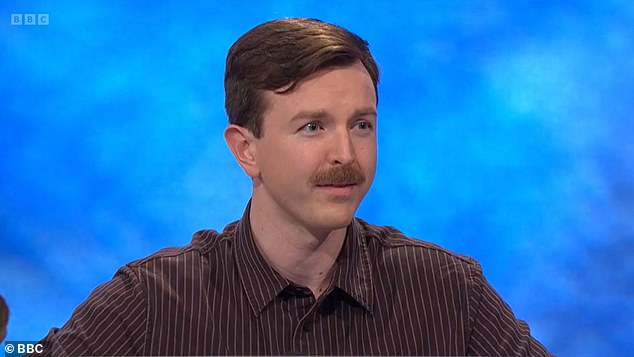The room was dark as Reform’s Monday morning event began, possibly to highlight the party’s energy policy, which treats electricity as a suspicious modern innovation that may well involve witchcraft. Screens around the room showed mugshots of offenders, listing their crimes. “James McMurdock MP. Assaulted girlfriend.” That sort of thing. Though not that specific thing, for some reason.
“Lawless Britain!” Nigel Farage declared. This is to be the subject of his summer campaign, a roadshow of telling the nation how horrible everything is. Do official statistics tell a slightly more optimistic story? Farage has an answer to that. “Completely false data!” he declared. Later he would pledge that a Reform government would halve crime, though it’s not clear how we’ll know if he’s succeeded if all the data is made up. Perhaps that will help.
The reality, he explained, is that “we’re actually facing in many parts of our country, nothing short of societal collapse.” We turned to a statistic he did believe. It was “quite extraordinary that in London alone, shoplifting should be up by 150 per cent since 2021!” Less extraordinary when you remember that for a significant chunk of 2021 all the shops were shut, but numbers aren’t Farage’s strong point. A year ago he had five MPs, and now, following a stunning by-election win, he has got that number up to four.
The only place Farage named in his description of the nightmare vista that is modern Britain was London. It is an increasing belief among the Extremely Online Right that our nation’s capital is a place you literally can’t visit without being stabbed to death. “Every time my kids leave the house I feel sick,” explained Laila Cunningham, a Reform councillor in Westminster.
There’s no point in asking whether any of this is true, whether London might be a cultural and economic centre that makes it the match of any city in the world. Farage occupies a place where reality doesn’t matter. In this topsy-turvy world, it was fitting that the most serious question came from a fellow sketchwriter.
Farage had promised, in that morning’s Sun, that he would send Soham murderer Ian Huntley to El Salvador. He had repeated those words to us minutes earlier. The man from the Telegraph pointed out that El Salvador’s prisons are actually really quite bad. How was it possible to say sending British people there wouldn’t harm their human rights?
Farage’s response was fascinating. “El Salvador is an extreme example,” he said, immediately retreating. He didn’t mean actual El Salvador. If we looked at the policy document in front of us, the words “El Salvador” were there in bold, but we weren’t supposed to take that seriously. Or literally, or whichever one it is. It was more of a metaphorical El Salvador. An El Salvador of the heart. He really, he explained, meant Estonia. The point was that these were just examples of the sorts of things they would talk about doing, not examples of actual things they would actually do. You’re not supposed to believe this stuff. It’s just vibes.
So let’s focus on the vibes. “If you’re a criminal,” Farage said, “I am putting you on notice today. From 2029, either you obey the law, or you will face very, very serious justice.” In some cases, you may even have to stop being a Reform MP. Though only if the Sunday Times starts asking questions.
One person for whom central London really is a dangerous place is Keir Starmer. The prime minister can barely walk the few hundred yards from Downing Street to Parliament without being set upon by gangs of Labour MPs demanding money with menaces. With Farage finished, we ventured out into the Mad Max hellscape that is SW1 and somehow made it to Portcullis House, where Starmer was being questioned by the Liaison Committee of senior MPs.
Before the election, this had a Conservative majority, and devoted much of its time to areas like defence and security. Now it is stacked with Labour MPs, so there is a much greater focus on poverty. It is notable, though, that they aren’t especially friendly to Starmer. Several of them had been involved in the recent welfare rebellions, and we realised that, among the people who expected life to be better under a Labour government, a significant group is Labour MPs.
Debbie Abrahams, for instance, wasn’t satisfied merely with the abandonment of the disability cuts. She wanted him to grovel for ever having attempted them. “I felt ashamed” that her party had attempted such a thing, she said.
As each MP in turn pointed out another part of the public realm that needed fixing, it took the prime minister a surprisingly long time to point out that the previous government hadn’t exactly left him with a golden legacy. “There’s no department that we inherited that is anything other than broken.”
Starmer seemed unruffled by the whole thing, plodding through as plodders do. Where Farage can give speeches about a fantasy land and fantasy politics, the poor prime minister is stuck firmly on the ground. “We had a terrible inheritance,” he sighed towards the end. “Broken public services and a broken economy.”
Finally, the chair Megg Munn asked him what had been his best moment of the past year? The prime minister smiled. “Oh, walking into Downing Street.” A happy memory. It’s all been downhill since then.












